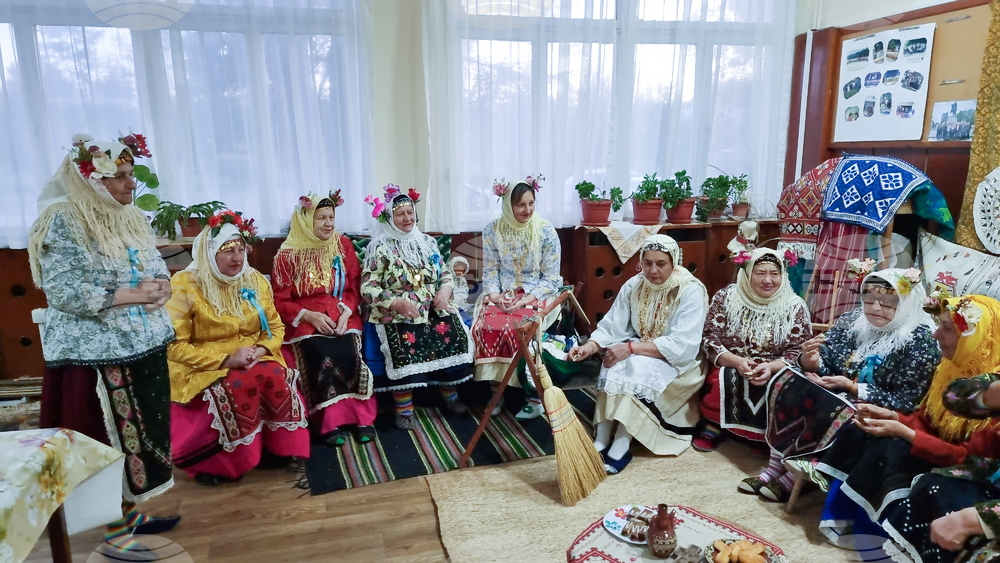site.btaDobrich Region Nominates Panuda Custom for Living Human Treasures


Dobrich Regional Governor Rumen Rusev proposed the Panuda custom from the Svoboda - 1897 community centre in the village of Gurkovo to be included in the national Living Human Treasures programme.
Community Centre Chair Nataliya Georgieva told BTA that this rite is performed across the country under the name Ponuda or Pogaca. In the village of Gurkovo, it is known as Panuda. Georgieva pointed out that their self-made theatre group for the restoration of customs is made up mostly of immigrants or their descendants, adding that they present this rite exactly how the settlers remember it.
She described the custom as a "gentle flurry", which in its essence can be interpreted as introducing a newborn baby that is 40 days old into the community. "Neighbours, friends, relatives gather, but only the women. [...] Sweet gifts are brought to sweeten the young father or young mother's life. Among the guests is the child's godmother, who picks it up and takes it to the church to be christened with the name she has chosen, traditionally the father-in-law's name for the first child," Georgieva said.
Georgieva said that when the godmother, the birthmother and the baby return from church, they find the guests singing and drinking to the health and luck of the newborn. When the guests leave, they tear a thread from the top of their clothing and place it next to the baby to bring it a peaceful sleep. The thread must be from the uppermost part of the garment, Georgieva stressed, so that the young father or young mother are not held in low regard but are honoured, successful and popular.
The Living Human Treasures - Bulgaria, which is part of the Living Human Treasures UNESCO programme, is organized by the Culture Ministry and encourages the bearers of intangible cultural heritage to practice the activities and pass on knowledge and skills to the next generations. The programme is carried out in two stages - regional and national. The activities or skills offered for registration must be from the spheres of manifestation of the intangible cultural heritage, according to the National Register of the Intangible Cultural Heritage.
/RY/
Additional
news.modal.image.header
news.modal.image.text
news.modal.download.header
news.modal.download.text
news.modal.header
news.modal.text








